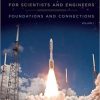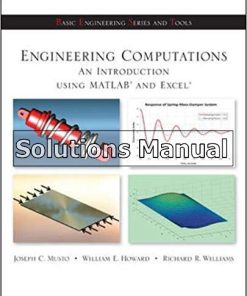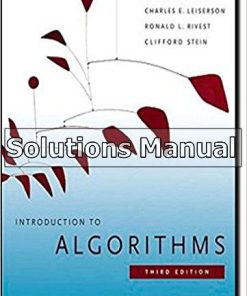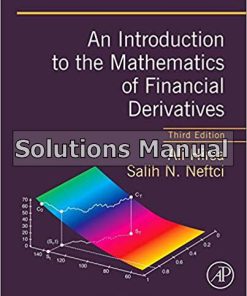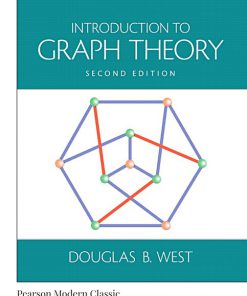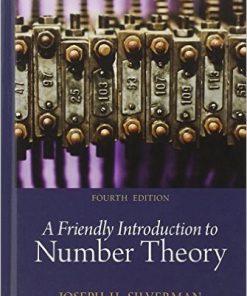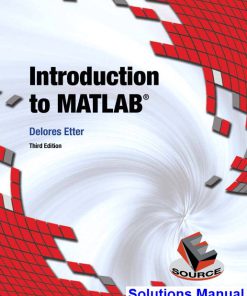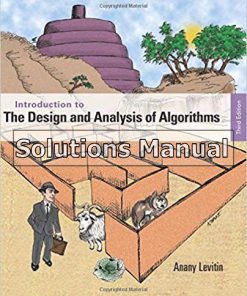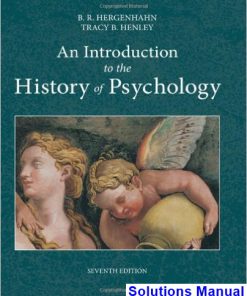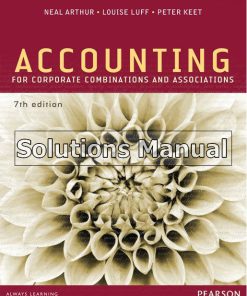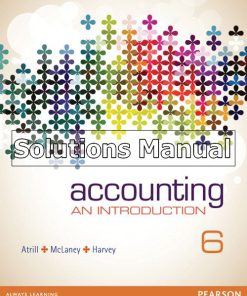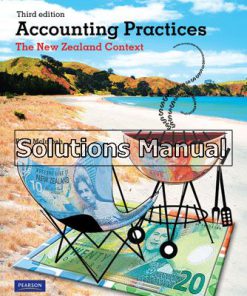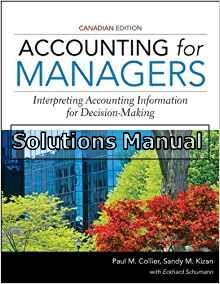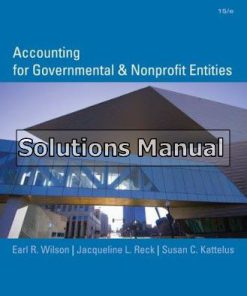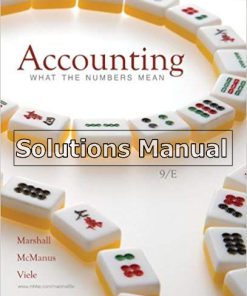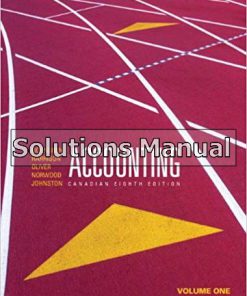Introduction to the Theory of Computation 3rd Edition Sipser Solutions Manual
$50.00 Original price was: $50.00.$26.50Current price is: $26.50.
Introduction to the Theory of Computation 3rd Edition Sipser Solutions Manual.
Introduction to the Theory of Computation 3rd Edition Sipser Solutions Manual
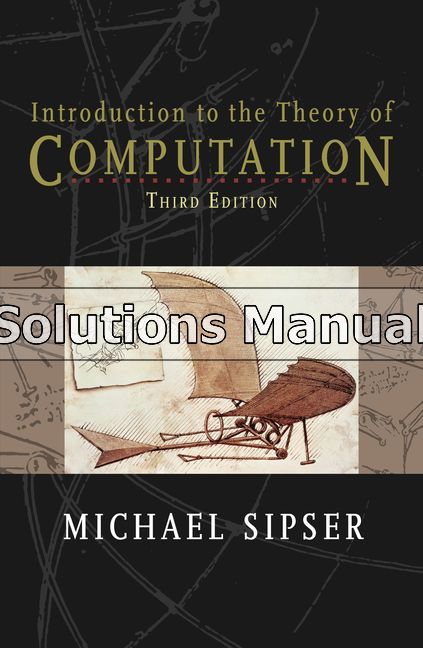
Product details:
- ISBN-10 : 113318779X
- ISBN-13 : 978-1133187790
- Author: Michael Sipser
Gain a clear understanding of even the most complex, highly theoretical computational theory topics in the approachable presentation found only in the market-leading INTRODUCTION TO THE THEORY OF COMPUTATION, 3E. The number one choice for today’s computational theory course, this revision continues the book’s well-know, approachable style with timely revisions, additional practice, and more memorable examples in key areas. A new first-of-its-kind theoretical treatment of deterministic context-free languages is ideal for a better understanding of parsing and LR(k) grammars. You gain a solid understanding of the fundamental mathematical properties of computer hardware, software, and applications with a blend of practical and philosophical coverage and mathematical treatments, including advanced theorems and proofs. INTRODUCTION TO THE THEORY OF COMPUTATION, 3E’s comprehensive coverage makes this a valuable reference for your continued studies in theoretical computing.
Table contents:
- Ch 0: Introduction
- 0.1 Automata, Computability, and Complexity
- 0.2 Mathematical Notions and Terminology
- 0.3 Definitions, Theorems, and Proofs
- 0.4 Types of Proof
- Exercises
- Problems
- Selected Solutions
- Part 1: Automata and Languages
- Ch 1: Regular Languages
- Introduction
- 1.1 Finite Automata
- 1.2 Nondeterminism
- 1.3 Regular Expressions
- 1.4 Nonregular Languages
- Exercises
- Problems
- Selected Solutions
- Ch 2: Context-Free Languages
- Introduction
- 2.1 Context-Free Grammars
- 2.2 Pushdown Automata
- 2.3 Non-Context-Free Languages
- 2.4 Deterministic Context-Free Languages
- Exercises
- Problems
- Selected Solutions
- Part 2: Computability Theory
- Ch 3: The Church–Turing Thesis
- Introduction
- 3.1 Turing Machines
- 3.2 Variants of Turing Machines
- 3.3 The Definition of Algorithm
- Exercises
- Problems
- Selected Solutions
- Ch 4: Decidability
- Introduction
- 4.1 Decidable Languages
- 4.2 Undecidability
- Exercises
- Problems
- Selected Solutions
- Ch 5: Reducibility
- Introduction
- 5.1 Undecidable Problems From Language Theory
- 5.2 A Simple Undecidable Problem
- 5.3 Mapping Reducibility
- Exercises
- Problems
- Selected Solutions
- Ch 6: Advanced Topics in Computability Theory
- Introduction
- 6.1 The Recursion Theorem
- 6.2 Decidability of logical theories
- 6.3 Turing Reducibility
- 6.4 A Definition of Information
- Exercises
- Problems
- Selected Solutions
- Part 3: Complexity Theory
- Ch 7: Time Complexity
- Introduction
- 7.1 Measuring Complexity
- 7.2 The Class P
- 7.3 The Class NP
- 7.4 NP-completeness
- 7.5 Additional NP-complete Problems
- Exercises
- Problems
- Selected Solutions
- Ch 8: Space Complexity
- Introduction
- 8.1 Savitch’s Theorem
- 8.2 The Class PSPACE
- 8.3 PSPACE-completeness
- 8.4 The Classes L and NL
- 8.5 NL-completeness
- 8.6 NL equals coNL
- Exercises
- Problems
- Selected Solutions
- Ch 9: Intractability
- Introduction
- 9.1 Hierarchy Theorems
- 9.2 Relativization
- 9.3 Circuit Complexity
- Exercises
- Problems
- Selected Solutions
- Ch 10: Advanced Topics in Complexity Theory
- Introduction
- 10.1 Approximation Algorithms
- 10.2 Probabilistic Algorithms
- 10.3 Alternation
- 10.4 Interactive Proof Systems
- 10.5 Parallel Computation
- 10.6 Cryptography
- Exercises
- Problems
- Selected Solutions
- Selected Bibliography
- Index
People also search:
introduction to the theory of computation 3rd ed. solutions
introduction to the theory of computation 3rd edition pdf github
introduction of theory of computation
introduction to computation theory
theory of computation important topics
Instant download after Payment is complete
You may also like…
Solutions Manual
Engineering Computation An Introduction Using MATLAB and Excel 1st Edition Musto Solutions Manual
Solutions Manual
Introduction To Algorithms 3rd Edition Cormen Solutions Manual
Solutions Manual
Introduction to the Mathematics of Financial Derivatives 3rd Edition Hirsa Solutions Manual
Solutions Manual
Introduction to the Design and Analysis of Algorithms 3rd Edition Levitin Solutions Manual
Related products
Solutions Manual
Solutions Manual
Accounting An Introduction 6th Edition Atrill Solutions Manual
Solutions Manual
Accounting for Governmental and Nonprofit Entities 15th Edition Wilson Solutions Manual
Solutions Manual
Accounting Volume 1 Canadian 8th Edition Horngren Solutions Manual
Solutions Manual


